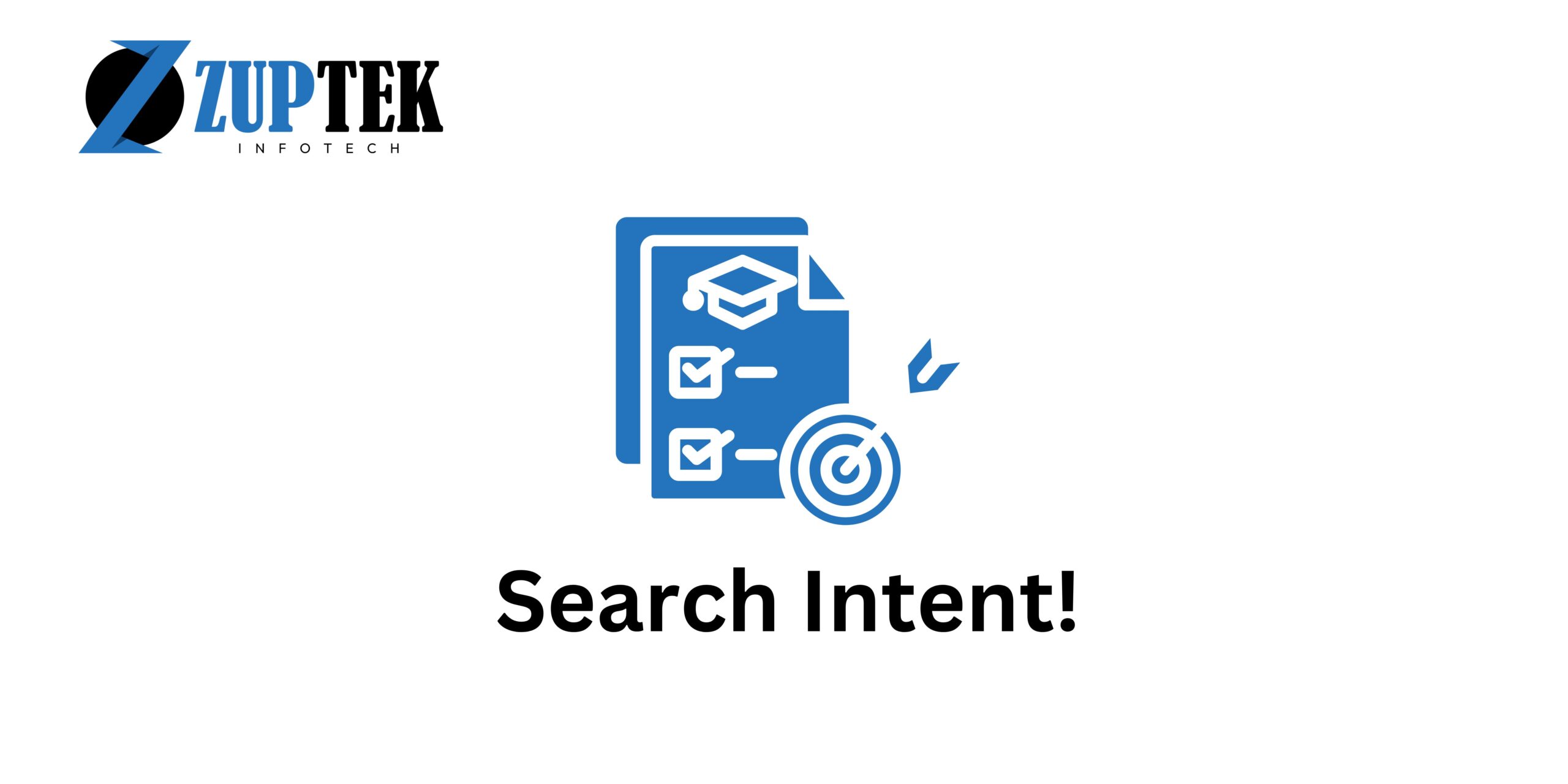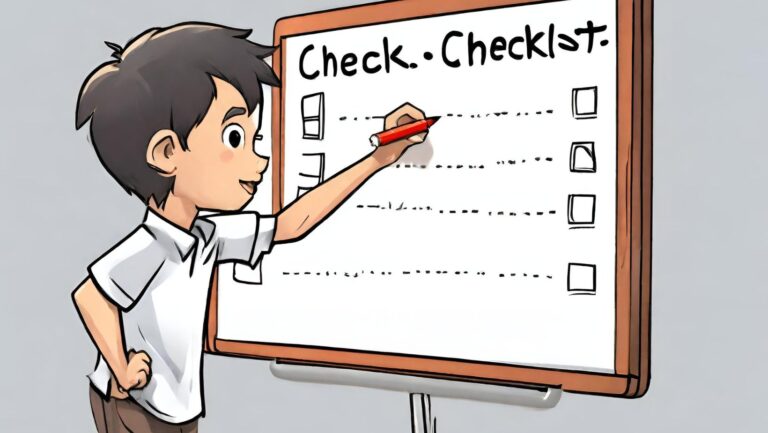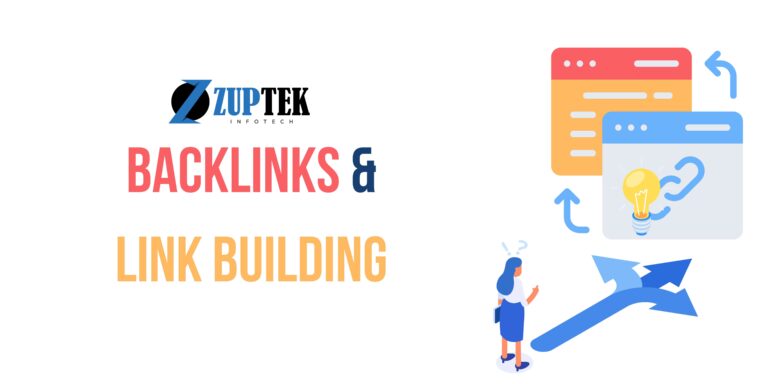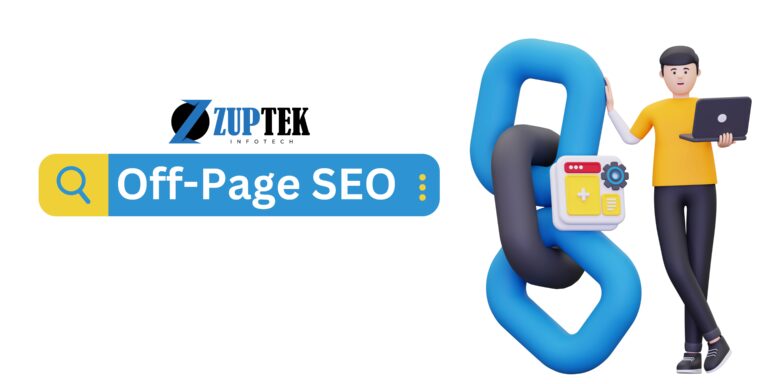What is Search Intent, and Why Does it Matter for SEO?
Contents
You’ve conquered the basics of SEO – you understand how search engines work, mastered on-page optimization, and even navigated the world of backlinks. But there’s one crucial piece of the puzzle often left unaddressed: search intent.
Understanding search intent is like deciphering the secret code of user behavior. It’s about understanding why people search for specific things and what information they’re truly seeking. Mastering this skill can unlock a treasure trove of benefits for your SEO strategy.
So, buckle up, SEO learners, as we delve into the meaning of search intent, its importance, and how to leverage it for optimal results.
What is Search Intent?
Imagine someone typing “best pizza places near me” into a search engine. What is their goal? They’re not looking for a history of pizza or a recipe for making dough. They’re actively seeking information to make a purchase, most likely wanting to order a delicious pizza delivered to their doorstep.
This goal behind a search query is precisely what we call search intent. It’s the underlying reason why someone initiates a search, and it can manifest in various forms:
- Informational: Users are looking for knowledge or answers to their questions. (e.g., “how to change a tire”)
- Navigational: Users are trying to find a specific website or page. (e.g., “Facebook login”)
- Transactional: Users are ready to make a purchase or take a specific action. (e.g., “buy iPhone 15”)
- Commercial: Users are in the research phase before making a purchase, comparing options and gathering information. (e.g., “best laptops for students”)
By understanding the intent behind a search, you can tailor your content to perfectly match the user’s needs. This not only improves your chances of ranking higher in search results but also enhances user experience and leads to better engagement.
Why is Search Intent Important?
Think of search intent as the bridge between your content and your target audience. Here’s why it holds immense importance in the SEO world:
- Relevance: Google’s primary objective is to deliver the most relevant results to users. Aligning your content with search intent demonstrates its relevance and increases your chances of ranking well. (Remember our blog on how search engines work?)
- User Satisfaction: When users find what they’re looking for, they’re satisfied and more likely to stay on your website, explore further, and potentially convert.
- Improved Click-Through Rates (CTR): When your content matches the user’s intent, they’re more likely to click on your website in the search results, leading to a higher CTR.
- Reduced Bounce Rates: Users who find the information they need on your site are less likely to bounce back to the search results, improving your bounce rate.
How to Follow Search Intent
Now that you understand the significance of search intent, let’s explore some actionable tips to incorporate it into your SEO strategy:
- Keyword Research: Dive deeper than just the keywords themselves. Analyze the search queries associated with your target keywords and identify the intent behind them. Tools like Google Trends and Answer the Public can be your allies in this process.
- Content Optimization: Tailor your content format, tone, and information based on the search intent. Informational queries require comprehensive explanations, while commercial queries might benefit from product comparisons or reviews.
- User Experience (UX): Ensure your website is easy to navigate and users can easily find the information they’re seeking. This includes a clear website structure, relevant internal linking (check out our blog on SEO Dictionary for internal linking tips!), and a mobile-friendly design.
The Three Cs of Search Intent
When creating content, consider the three Cs of search intent:
- Content Type: What’s the dominant type of content in the search results? Is it a how-to guide, a listicle, a product review, or something else?
- Content Format: How is the content presented? Is it a blog post, a video, an infographic, or a comparison chart?
- Content Angle: What unique perspective or angle does your content offer? Is it practical, inspirational, or data-driven?
FAQs on Search Intent
Q: How can I identify the search intent behind a keyword?
A: Here are some methods to identify search intent:
- Analyze the keyword itself: Informational keywords often include question words like “how,” “what,” or “why.” Transactional keywords might contain terms like “buy,” “order,” or “price.”
- Use keyword research tools: Tools like Google Trends and Answer the Public can help you understand the types of searches associated with your target keywords.
- Look at the search results for the keyword: Analyze the top-ranking websites to see what kind of content they offer and the intent they seem to be targeting.
Q: What if a keyword has multiple search intents?
A: It’s not uncommon for a single keyword to have multiple search intents. In such cases, you can:
- Create separate content pieces targeting each intent.
- Craft a comprehensive piece that addresses all potential intents but clearly structures it with headings and subheadings to guide users.
Q: How often should I consider search intent when creating content?
A: Search intent should be a central consideration throughout your content creation process. From keyword research to outlining and writing, understanding the user’s intent behind a search query should guide your approach.
Conclusion:
Understanding and optimizing for search intent is a crucial SEO strategy moving into 2024 and beyond. By analyzing keyword intent, crafting content accordingly and structuring your site to satisfy intent, you can significantly boost search performance. Keep search intent at the heart of your SEO efforts.
What do you think about optimizing for search intent? Let me know in the comments!

Hey SEOs, I’m Maharshi – your friendly neighborhood search expert. I’ve been in the SEO game for 5+ years and want to share my knowledge with you.
On this blog, we’ll explore practical tips to boost your search rankings. No confusing lingo, just straightforward advice to master search engines. Think of me as your SEO guide. I’ll walk you through optimizing website code, creating engaging content, understanding Google’s algorithms, and more.
We’ll cover everything from keywords to site speed using the latest, most effective strategies. My goal is to demystify SEO so you can start searching smarter.
Sound good? Buckle up and let’s get started! I promise an educational (and maybe even fun) ride into the world of search engine optimization. No shady tricks, just proven techniques to grow your online presence.
Let’s do this!






